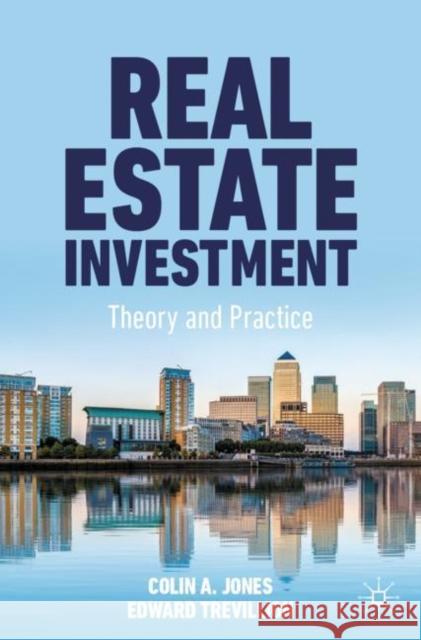Real Estate Investment: Theory and Practice » książka
topmenu
Real Estate Investment: Theory and Practice
ISBN-13: 9783031009679 / Angielski / Miękka / 2022 / 317 str.
Kategorie:
Kategorie BISAC:
Wydawca:
Springer International Publishing AG
Język:
Angielski
ISBN-13:
9783031009679
Rok wydania:
2022
Ilość stron:
317
Wymiary:
23.5 x 15.5
Oprawa:
Miękka
Dodatkowe informacje:
Wydanie ilustrowane











